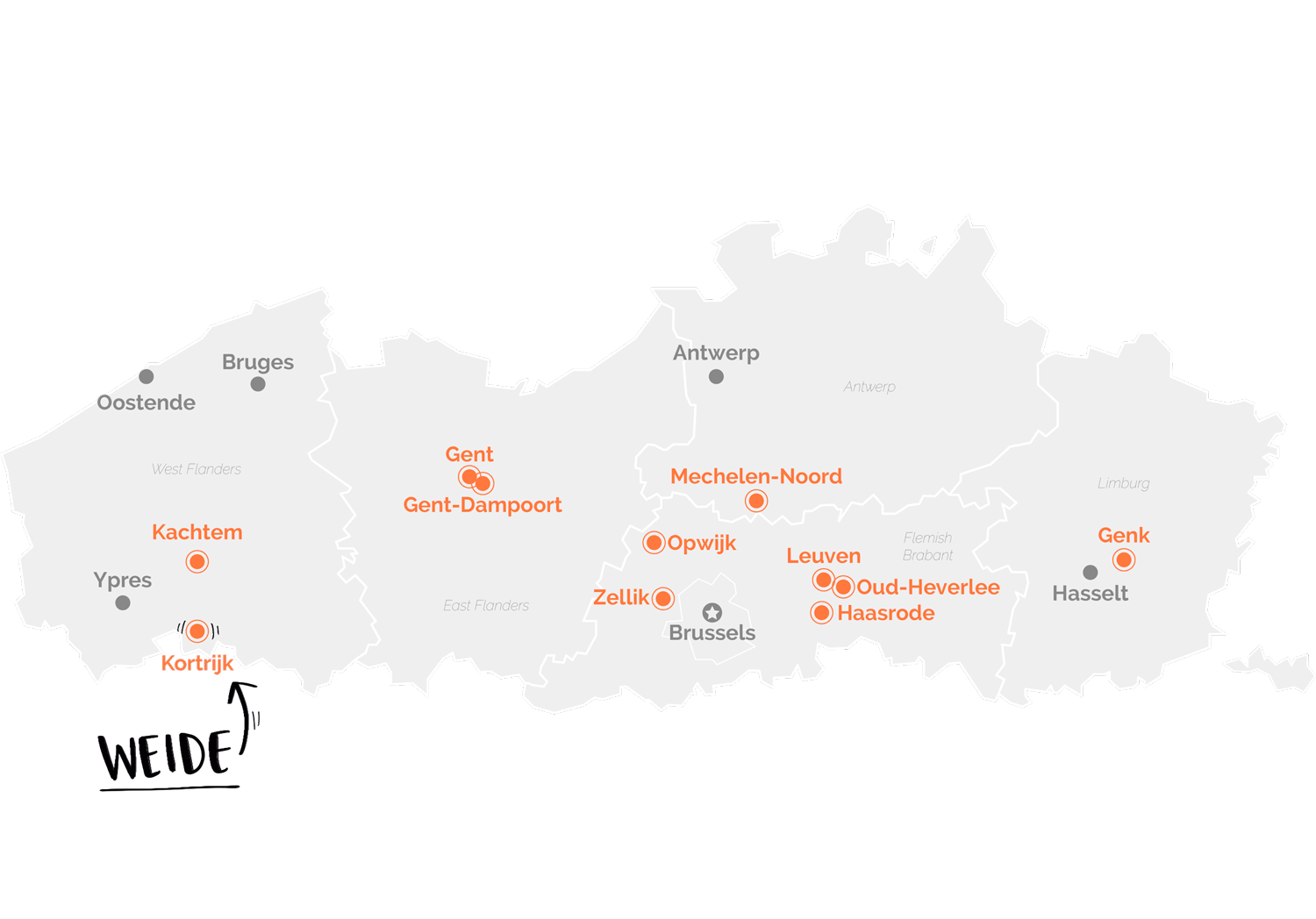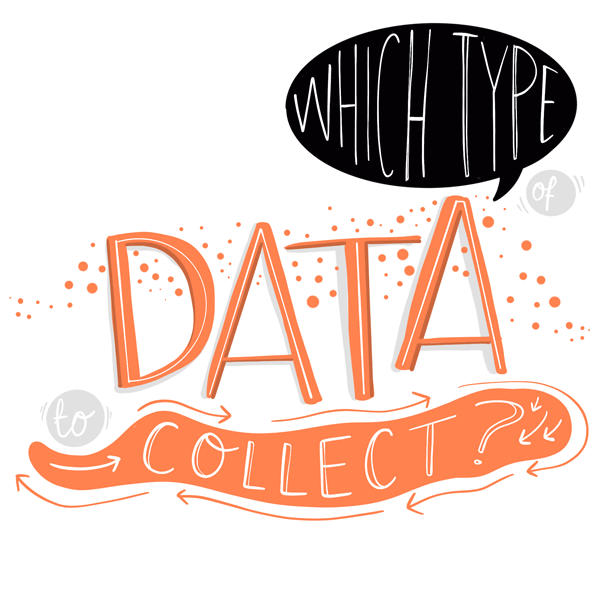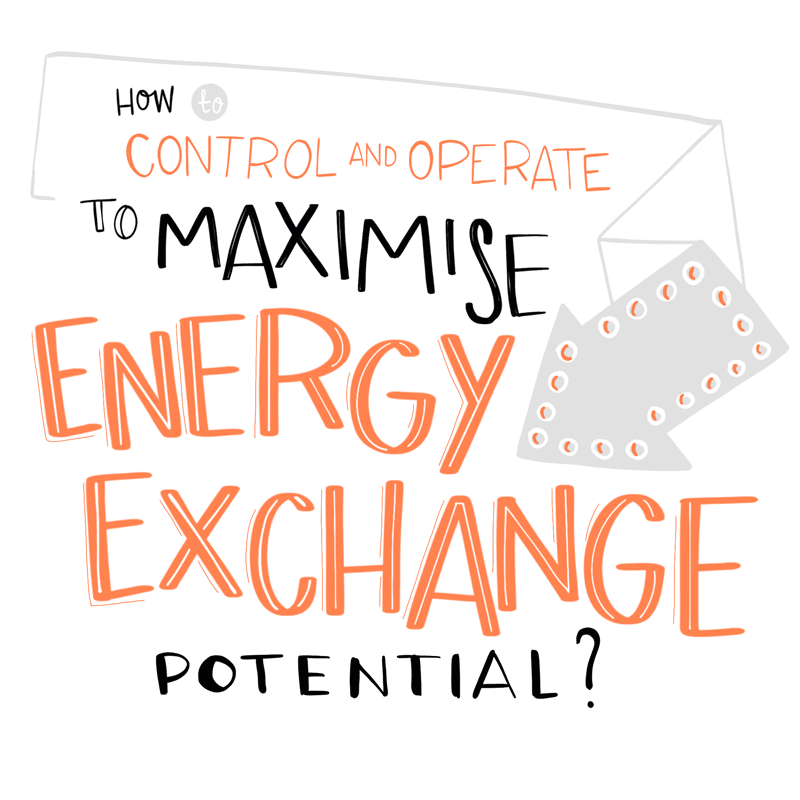
Roll Out of Local Energy Communities
a cooperative research project has ended in 2022
this website is not being updated anymore
WHY ROLECS?



Pilots
approach
ROLECS strives at testing theory on 10 complementary pilot sites where key question can be asked:
-
Which type of data to collect?
-
What type of tariffs works with end-users?
-
How to control and operate to maximise potential of energy exchange?
End-user
engagement
The role of the end-user is essential in the development of innovations and technology implementations in the context of energy use. The opinions, attitudes, drivers and barriers of end-users cannot be neglected in local energy community, that is why ROLECS has a whole work package focusing on end-user engagement.
Grid
models
Our prime target is to optimise the local energy flows to reduce the current grid costs, and to realise the electrification of the energy use while respecting the constraints of the existing distribution grid.




ABOUT
Following up EU policy on energy, ROLECS, is a research project that intends to gain a deeper understanding of the development and role of Local Energy Communities (LECS) in Belgium & in Europe. Funded by Flemish institutions VLAIO & INNOVIRIS, it is comprised of 27 member organizations, 23 companies and 4 knowledge institutions, leading research across different topics regarding LECs. The project aims at providing answers to questions relative to, amongst others, triggering end-consumers participation to LECs, integrating technical energy models to social behaviors, defining the impact of large scale roll-out of LECs regarding the decarbonisation of the energy system, etc.
Local Energy Communities can:
-
open new market opportunities,
-
bring new ways of cooperation between existing and new companies,
-
induce a new form of cooperation with end-consumers.
10
Demonstration
sites
27
member organisations
23
companies leading research
4
knowledge institutions

Work Package 1:
The first work package is a management and coordination work package. It deals with the administrative and project management aspects, to ensure the successful completion of the project goals. It ensures a good communication internally between the 90+ people involved in the project as well as externally trough the organization of dissemination events.

Leen Peeters

Work Package 2:
This work package considered as fundamental research, focuses on supporting the development of LEC tools. Its work is diverse and extended such as defining KPIs for LECs, research the potential services that LEC could provide, identify legislative stakes & barriers, investigate modelling approaches for LECs, identify legal issues in data protection legislation, etc.

Pieter Van Den Steen

Work Package 3:
This third work package has a special focus on the development of fair tariffing schemes and on clarifying the LEC metering needs.
It aims at analysing the impact of participation of the LEC in different markets.
It is strongly intertwined with WP 4 & 5, for testing its proposal to the pilots and receive feedback from the end-users.

Gert Weyns

Work Package 4:
Stakeholders, both as the end-user participants and the broader third parties, are key elements of the success of a LEC. In this work-package, academic experts in user behaviour, set up methodologies to understand and predict stakeholders behaviour, such as active participation. It ensures that the concepts developed and considered relevant from a technical point of view are satisfying the need of all stakeholder from a socio-economic and societal point of view.

Peter Conradie

Work Package 5:
This work package is centred on testing various concepts developed in the others WPs in 10 different LEC pilot sites across Flanders.
Scroll down to preview ROLECS Pilot Sites in Flanders.
It will , gather the needed data for analysis in others WPs, test the user behaviour, test & monitor the developed tariffing proposal and help in the advancement of operational energy management algorithms.

Dominique Dhont

Work Package 6:
WP 6 is overarching all WPs and comes into place in a second phase of the project in order to evaluate the results of the pilot sites and the others package, by bringing together technical, economic and social behaviours and see how they combine to make LECs success or failures. This work package will also compare findings of the project with development of LEC models in other Member states or the impact LECS could have on Paris Agreement and 2035 RES targets.

Thierry Coosemans
PROJECT PILOTS

CONTACT
Inquiries
Admin Support
Quentin Lancrenon
tim@think-e.be
+32 486 18 89 86
Work Plan
Leen Peeters
Leen@think-e.be
+32 486 23 51 98
Ruben Baetens
ruben.baetens@3e.eu
+32 472 34 94 39
Thanks for submitting!













































